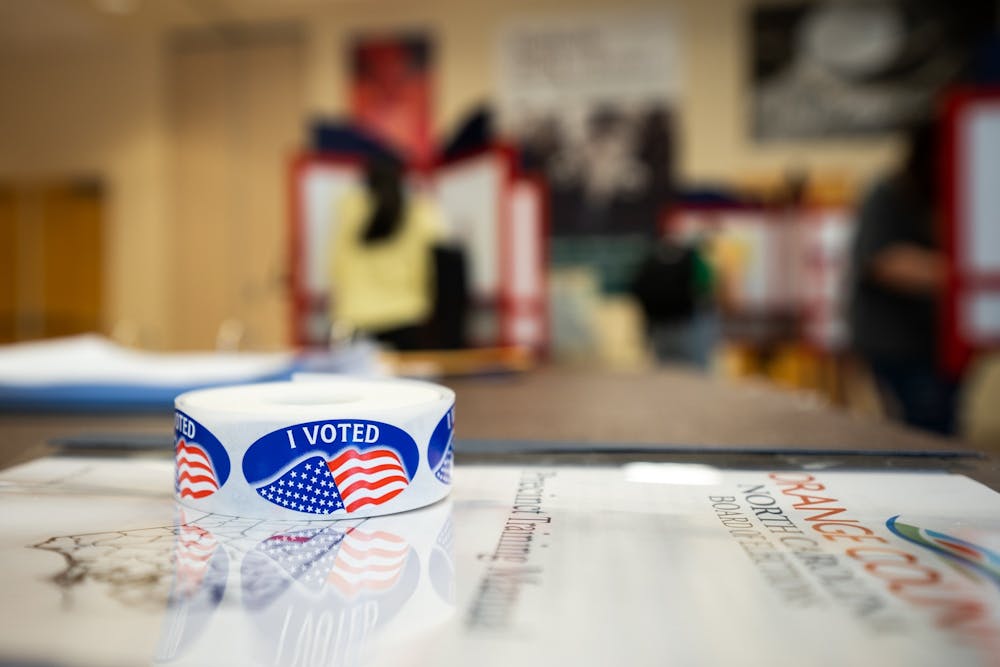The Republican supermajority in the N.C. General Assembly is expected to override Gov. Roy Cooper's Sept. 28 veto on Senate Bill 749, an overhaul of the state and county board of elections, and shift power from the governor to the legislature.
Under current state law, the N.C. State Board of Elections appoints two Democrats and two Republicans to each county's boards of elections, and the governor appoints one additional member. The governor also appoints the five members of the State Board of Elections.
S.B. 749 would remove the governor's power to appoint a member to each county board, decreasing their size to four members. The bill would also shift the appointment power for the State BOE to the legislature and increase the number of members to eight.
Historically in North Carolina, the governor has been able to appoint the member that determines the partisan majority of the state and local boards of election, Jamie Cox, the chair of the Orange County Board of Elections, said.
He said this process honors the separation of powers laid out in the state constitution and manifests the will of the majority of voters in North Carolina, because the governor was elected by a state-wide majority. Cox said this has been the case for both parties in power.
In 2018, a similar proposed amendment to the state constitution that would have given the legislature control over the State BOE was rejected in a referendum by 62 percent of voters.
N.C. Rep. Allen Buansi (D-Orange) said attempting to pass S.B. 749 after voters had already rejected it disregards the will of the people. Buansi, who voted against the bill, said he did so because elections administration requires a working system and introduces partisanship.
“The old saying goes — if it ain’t broke, don’t fix it,” he said. “And the bill is unnecessary. It just introduces an element that shouldn't be in there, which is partisanship.”
Buansi said the current system does not allow for any gridlock, but the bill would split membership along party lines and create a system in which votes would be tied based on partisanship.




